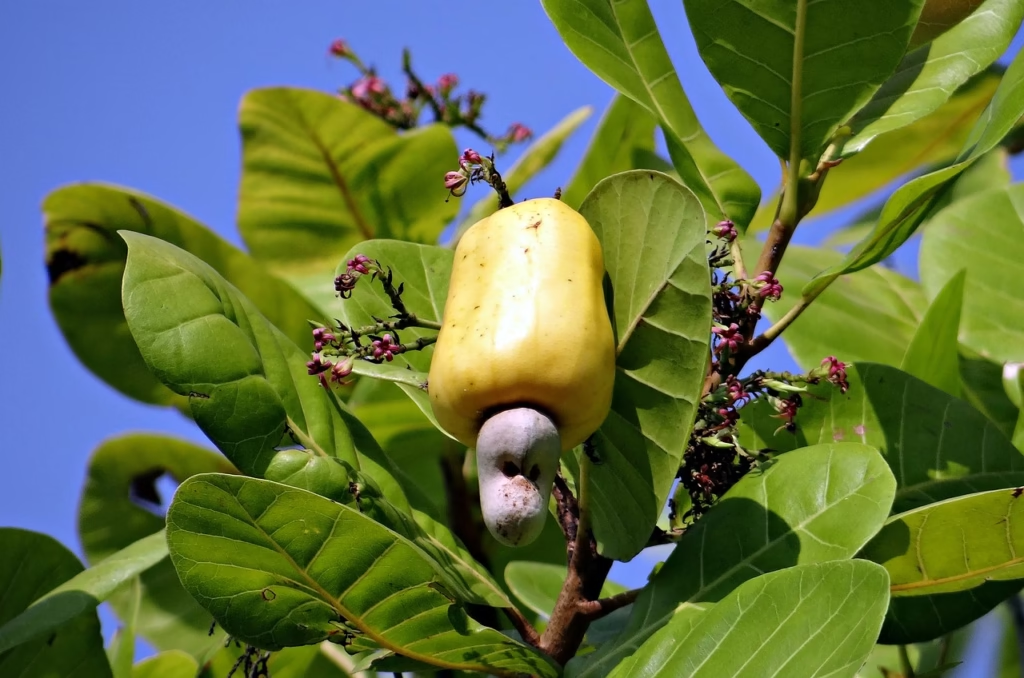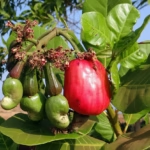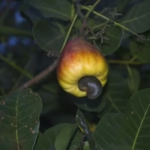
Cashew nuts are among the most sought-after nuts worldwide, appreciated for their taste, nutritional value, and versatility. However, ensuring high quality in cashew exports requires a thorough understanding of cashew processing and adherence to international quality standards. Buyers looking to source cashew nuts must be aware of how processing impacts quality, pricing, and overall market demand. This article explores the key stages of cashew processing, the factors affecting quality, and the critical standards that buyers should consider before making a purchase.
The Cashew Processing Journey
Cashew processing is a multi-step operation that transforms raw cashew nuts into edible, high-quality kernels ready for consumption or further use in food production. The key stages include:
1. Harvesting and Drying
Cashew nuts are harvested from cashew trees once they fully mature. After collection, the nuts undergo sun-drying to reduce moisture content. This step is essential because excess moisture can lead to mold growth and spoilage, affecting the quality of the final product.
2. Shelling
The dried cashew nuts are then shelled to extract the edible kernels. Since cashew shells contain toxic substances like anacardic acid, this process requires specialized techniques such as:
- Manual Shelling: Performed by skilled workers using hand tools to carefully extract the kernels.
- Mechanical Shelling: Utilizes machines to automate the process, increasing efficiency and reducing labor costs.
Shelling is a delicate stage, as excessive force can damage the cashew kernel, reducing its value in the market.
3. Peeling
After shelling, the cashew kernels are still covered with a thin testa (skin) that must be removed. This is typically done through:
- Steam Treatment: Exposing the nuts to controlled steam to loosen the skin.
- Mechanical Peeling: Using machines to remove the testa efficiently.
- Manual Peeling: Performed by workers to ensure high accuracy and minimize kernel damage.
4. Grading and Sorting
Grading is one of the most critical stages in cashew processing, as it determines the nut’s market value. Cashews are sorted based on:
- Size and Shape: Whole kernels are more valuable than broken ones.
- Color and Appearance: Bright, uniform cashews fetch higher prices.
- Defects and Blemishes: Any discoloration, insect damage, or broken pieces affect quality classification.
Common grades include W180 (large, premium quality) to W450 (smaller kernels), with whole cashews generally being more desirable than split or broken ones.
5. Roasting and Packing
Roasting is often performed to enhance the flavor and texture of cashews before packaging. Depending on the market, cashews may be packed raw or roasted. Proper packaging ensures that the cashews remain fresh, protecting them from moisture, pests, and contamination.
Factors Affecting Cashew Quality
For buyers, understanding the quality determinants in cashew processing is crucial. Several factors influence the final product:
- Moisture Content: Optimal moisture levels (below 5%) ensure long shelf life and prevent mold.
- Kernel Integrity: Whole kernels command higher prices, while broken pieces are used in processed foods.
- Contamination Risks: Proper handling prevents aflatoxin contamination, which can make cashews unsafe for consumption.
- Storage Conditions: Cashews should be stored in cool, dry environments to maintain freshness.
International Quality Standards for Cashew Processing
Cashew nuts must meet strict quality standards before entering the global market. Some of the widely recognized standards include:
1. ISO Standards
The International Organization for Standardization (ISO) has set guidelines for cashew processing, ensuring safety and quality control. ISO 22000 focuses on food safety management, while ISO 9001 ensures quality consistency.
2. HACCP Certification
Hazard Analysis and Critical Control Points (HACCP) is a systematic approach that identifies potential hazards in cashew processing and implements control measures to prevent contamination.
3. FDA and EU Regulations
The U.S. Food and Drug Administration (FDA) and the European Union (EU) regulations mandate specific quality and safety requirements for imported cashew nuts. Buyers importing into these markets must ensure compliance to avoid rejection.
4. Fair Trade and Organic Certifications
Buyers interested in ethically sourced cashews should look for:
- Fair Trade Certification: Ensures that farmers receive fair wages and work in safe conditions.
- Organic Certification: Guarantees that cashews are grown without synthetic chemicals or pesticides.
Tips for Buyers to Ensure High-Quality Cashew Purchases
For buyers sourcing cashews internationally, following these tips can help secure high-quality products:
1. Work with Reputable Suppliers
Choosing a supplier with a proven track record in cashew processing ensures reliability. Look for businesses that adhere to industry standards and provide detailed product specifications. Ahar Group is one such example.
2. Request Quality Certificates
Before placing an order, buyers should request HACCP, ISO, or other relevant quality certificates to verify compliance.
3. Conduct Sample Testing
Ordering a small batch for testing can help buyers evaluate the cashew’s size, taste, and overall quality before committing to a large purchase.
4. Verify Storage and Transportation Conditions
Proper logistics play a key role in maintaining cashew quality. Ensure that suppliers use moisture-proof packaging and temperature-controlled shipping.
5. Negotiate Clear Terms
Establishing clear agreements on quality specifications, pricing, and delivery timelines reduces misunderstandings and ensures smooth transactions.
Conclusion
Cashew processing is a detailed and delicate process that significantly impacts the quality of the final product. For buyers, understanding the various stages of cashew processing, along with global quality standards, is essential to making informed purchasing decisions. By working with reputable suppliers, verifying certifications, and conducting quality checks, buyers can ensure they source premium cashews that meet industry standards. Investing in high-quality cashews not only guarantees a better product but also enhances business credibility and customer satisfaction.











Add comment